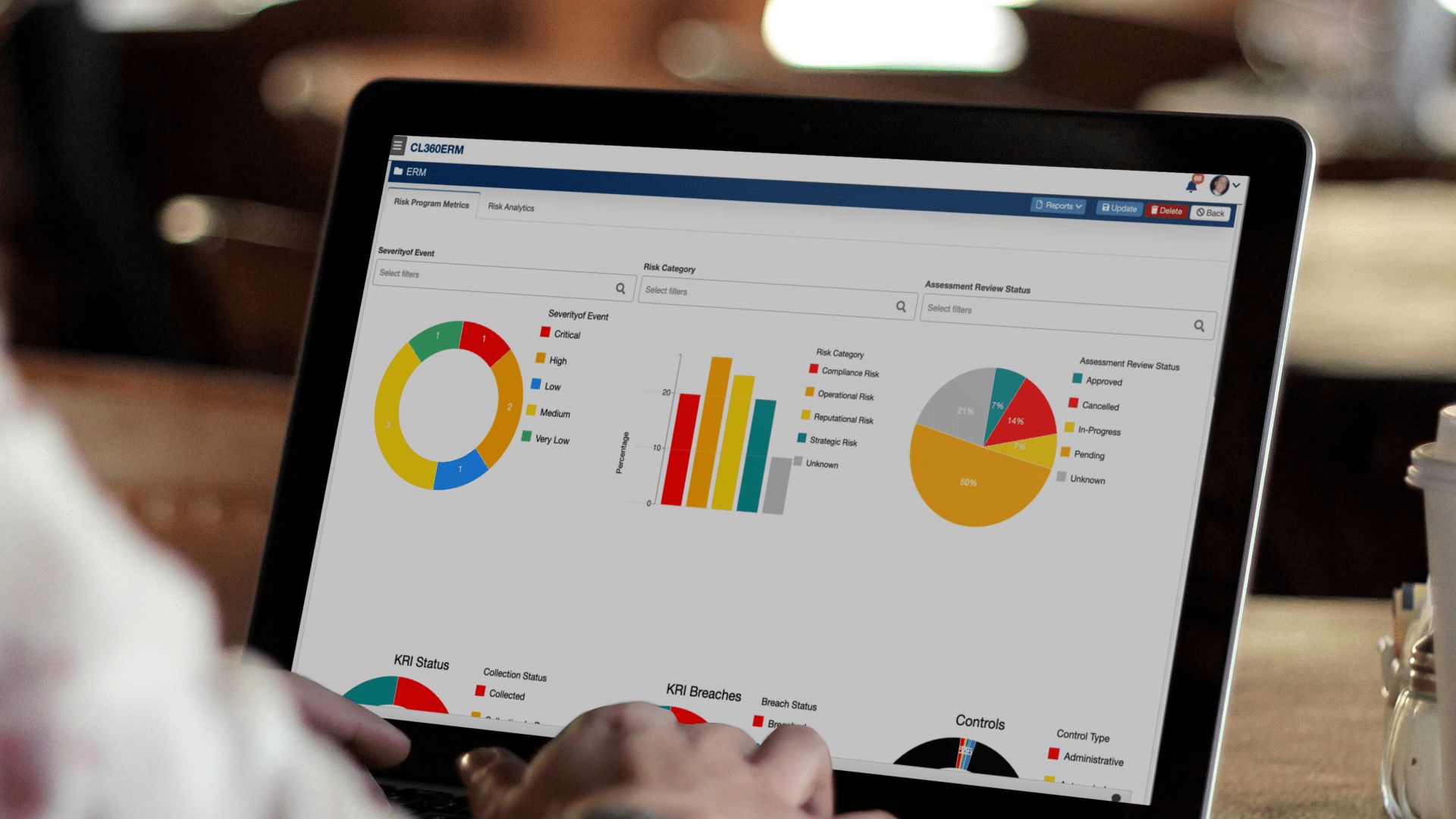Online reviews are extremely important in determining customers' decisions when buying a product or services. They are powerful when choosing a restaurant, when booking a cabin, or when purchasing the latest item trend in the fashion industry. But why are these reviews so compelling? This blog post digs into the psychological factors that underpin the impact of reviews. It also discusses how business owners can utilize this impact with the help of a good review management.
The Psychological Dynamics of Reviews

Social Proof and the Herd Mentality
Social proof is an important psychological notion that explains much of the effectiveness of reviews. As social beings, humans frequently depend on the actions and opinions of others to influence their decisions, a phenomenon known as the “herd mentality." Positive reviews serve as recommendations, implying that a product must be satisfactory if many people are pleased. Negative feedback, on the other hand, can put off potential purchasers.
Example:
Products with favorable reviews and ratings are frequently bestsellers on sites like Amazon. The volume of customer feedback acts as social evidence, assuring future purchasers of the product's quality.
The Bandwagon Effect
The bandwagon effect, closely connected to social proof, arises when people act largely because others are doing likewise. In the context of online reviews, a product that begins to receive favorable feedback may increase in popularity as more people seek to join the trend.
Example:
When Apple introduces a new product, initial positive reviews cause a snowball effect. Early acclaim encourages additional purchases, resulting in more reviews and sales in a self-perpetuating loop.
Reducing Cognitive Dissonance
Cognitive dissonance is the mental discomfort felt while holding opposing views or making harsh judgments. Positive reviews reduce this uneasiness by validating consumers' choices and assuring they make the proper option.
Example:
A buyer considering a high-value purchase, such as a laptop, may be concerned about their decision. Reading favorable reviews might help alleviate this concern by confirming that others have had great experiences with the product.
Trust in Authority and Expertise
People prefer to trust the judgments of considered experts or authority people. While average people frequently write online reviews, reviews on trustworthy sites or by well-known reviewers might have a more significant impact.
Example:
Reviews on technology blogs such as CNET and Gizmodo are highly significant. Good reviews from these sites can influence customer behavior far more than those from less credible platforms.
Emotional Impact
Reviews that include human tales and emotional experiences can greatly impact purchase decisions. These storylines elicit an emotional response from potential consumers, frequently proving more convincing than factual information alone.
Example:
On charity websites, testimonies of how donations have improved people's lives can attract more donations than statistics alone.
Types of Reviews and Their Psychological Effects

Text Reviews
Text reviews provide extensive narratives and personal experiences, which star ratings cannot. These stories resonate strongly with readers, making text reviews an effective decision-making tool.
Star Ratings
Star ratings provide a fast visual overview of a product's popularity and quality, responding to humans' desire for swift decision-making. While they convey a general mood, they lack the depth and context of written reviews.
Video Reviews
Video reviews incorporate visual, audio, and emotional components, connecting better with viewers. They work especially well with items that benefit from visual presentations.
Effective Review Management Strategies

Encouraging Reviews
Simply asking for reviews is beneficial. Satisfied clients are frequently eager to share their experiences if asked. Follow-up emails, in-app alerts, and website reminders are useful for encouraging reviews.
Responding to Feedback
Engaging with customer reviews, both favorable and negative, demonstrates that you respect input. Addressing bad reviews wisely may convert unsatisfied consumers into loyal ones while showing dedication to customer happiness.
Using Reviewr for Quality Reviews and Feedback

Comprehensive Review Management
Reviewr provides a powerful review management tool that enables businesses to gather and display high-quality customer reviews. The software simplifies the review collection process with emails and notifications, encouraging more consumers to share their experiences.
Analytics and Insights
Reviewr also delivers thorough data and insights, allowing you to understand consumer sentiment better and suggest improvement areas. Its user-friendly dashboards and reports will enable you to monitor your review performance and make educated decisions.
Real-World Impact of Reviews

TripAdvisor
TripAdvisor uses consumer reviews to help people make educated travel selections. The broad input from past passengers has a big impact on future bookings.
Yelp
Yelp has become an important venue for restaurant reviews. Restaurants with better ratings and reviews tend to draw more customers, indicating the importance of reviews in consumer choices.
Conclusion
The psychological influence of reviews on consumer behavior is significant. Reviews are an effective decision-making tool due to various psychological characteristics, including social proof, cognitive dissonance reduction, and emotional involvement. Businesses can use systems like Reviewr to manage reviews, increase engagement, build trust, and drive sales.









